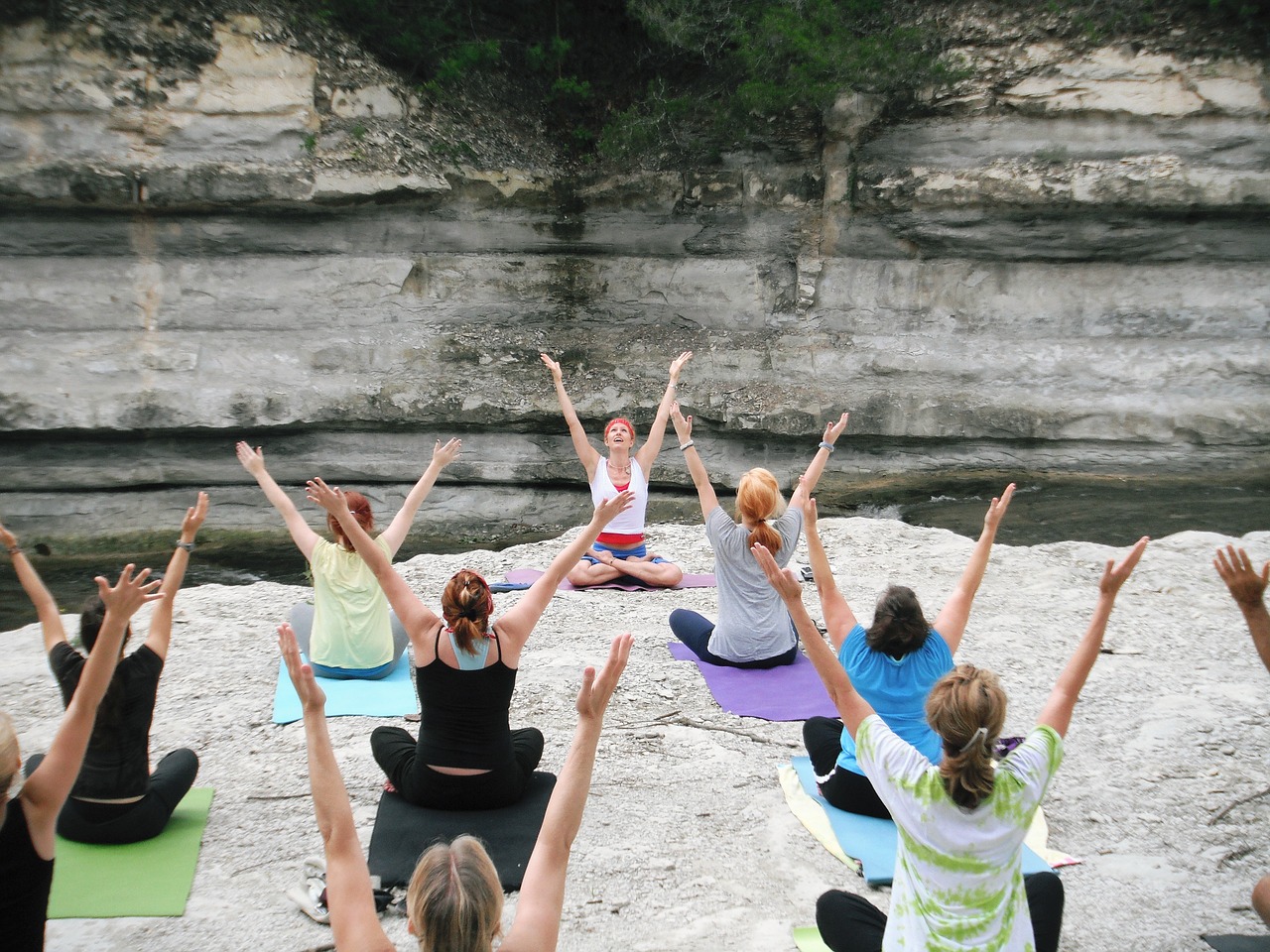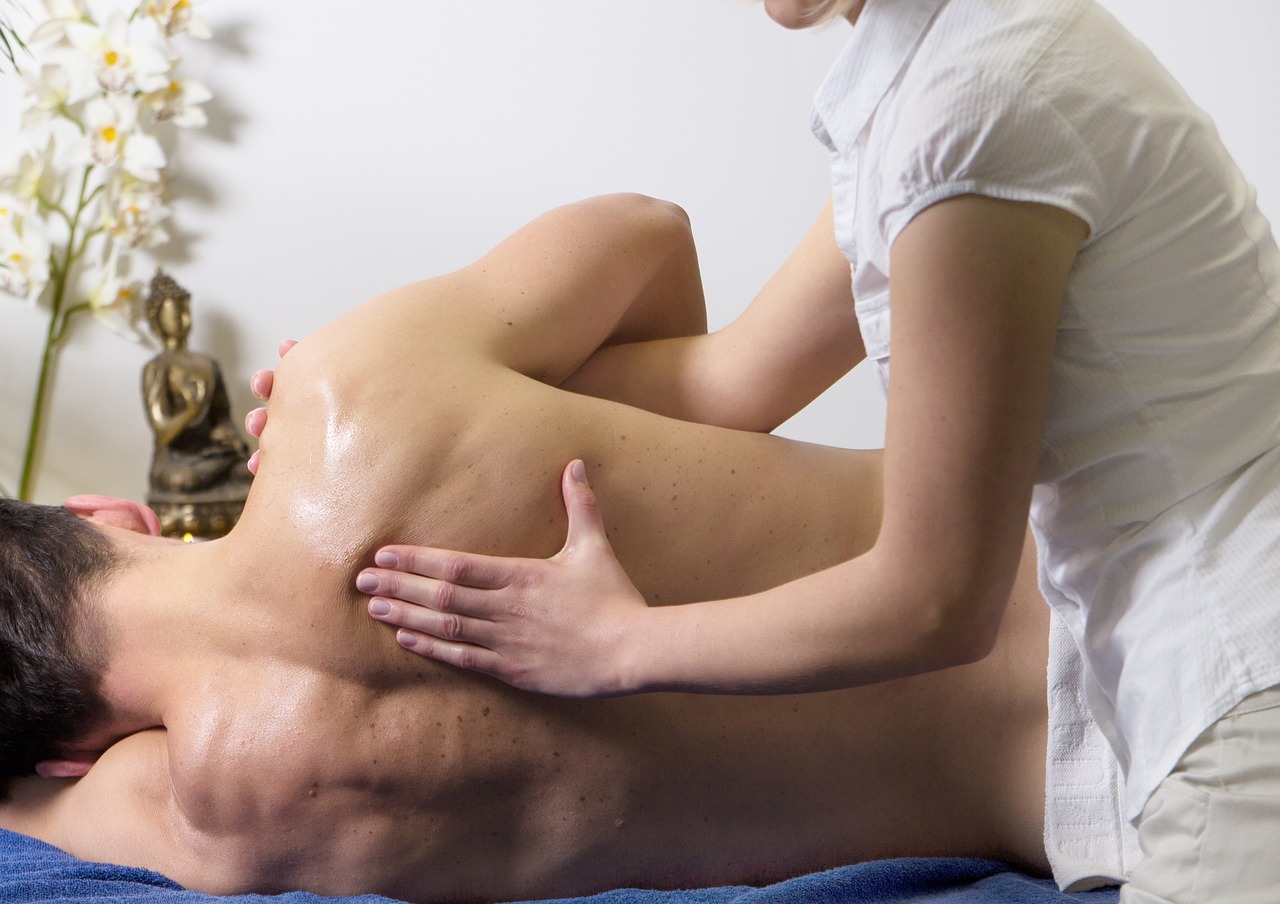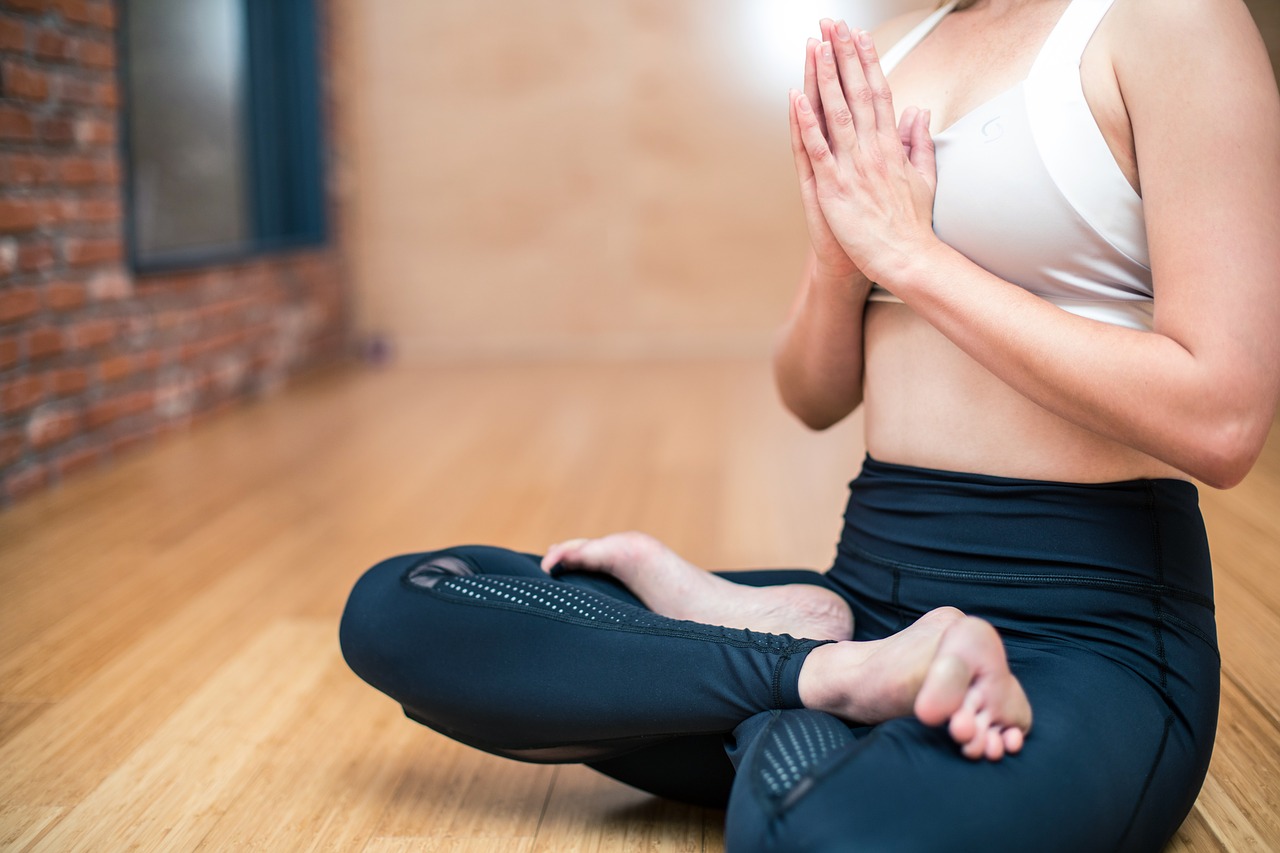Below are a few expert tips on how to improve your posture …
We’re often told by our GPs or health experts how important it is to have good posture, but do you know how bad posture can impact your health and wellness?
The Importance of Good Posture
Our posture is the position in which we hold our body, both when standing and sitting, so it’s very important to have good posture. Poor posture can be caused by weak muscles, lack of exercise, unsupportive seating and being overweight.
Not only can poor posture lead to general aches and discomfort, it can also lead to back pain. In fact, back pain is the largest single cause of disability in the UK according to the NHS. Lower back pain accounts for 11% of the UK’s disabilities.
Occupation therapist Julie Jennings explains the most common ailments and conditions that bad posture can result in.
- Poor Circulation: “When you slouch so does your spine, which can have an impact on your body’s circulation system, making it harder to breathe and move around.
- Aches and Pains: “Poor posture can cause your spine to deteriorate over time leading to neck, back and shoulder pains. Research indicates that back pain causes more disability than any other condition, affecting one in ten people and becoming more common with age.
- Increase in Fatigue: “Moving your body with poor posture will put extra strain and demand upon your joints and muscles, leading to fatigue. Coupled with poor circulation, in which the body does not get enough oxygen, muscles and joints are more easily damaged and less likely to repair well.
- Loss of Movement: “A significant impact of poor posture can be loss of movement; all your joints have a range of motion that they are capable of, allowing you to move your body flexibly and respond to activities of daily living. Poor posture prevents the normal range of motion from occurring, which over time will lead to muscle and joint deterioration and a reduction in movement.
- Weight Gain: “Poor posture is not necessarily a sign of laziness; as a nation weight issues are becoming more common and as we get older we tend to put on more weight through natural body and lifestyle changes, and reduced activity. Weight gain changes how our skeleton and muscles support themselves, which in turn affects our centre of gravity.”
How To Improve Your Posture
But, how can we help improve our posture? Jennings has offered her top tips on her ‘dos’ and ‘don’ts’ for when sitting down.
When you’re sitting down, it’s important to:
- Ensure your feet are flat on the floor
- Your bottom is at the back of the seat and your lower back is supported
- Your legs and hips are fully supported
- Keep your head straight and not tilted up or down
- Keep your shoulders back and relaxed
- Ensure the armrests support your forearms and shoulders comfortably
It’s important to avoid:
- Keeping your back perfectly straight – you should try and maintain the natural curve of your back
- Tucking your feet under the chair
- Crossing your legs above the knees, as this can cause strain and poor circulation
Jennings added: “Balancing periods of sitting with regular exercise is essential to promoting physical and mental health and well-being.
“It is essential that having the right chair can ensure that when you sit, you have the correct postural support to assist your body to rest well, and then importantly, when you can, to move better.”
Julie Jennings is an occupational therapist at HSL Chairs,






